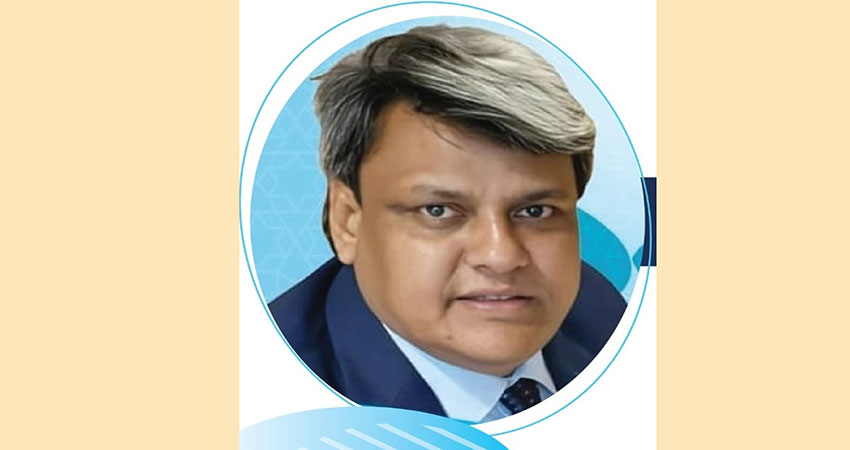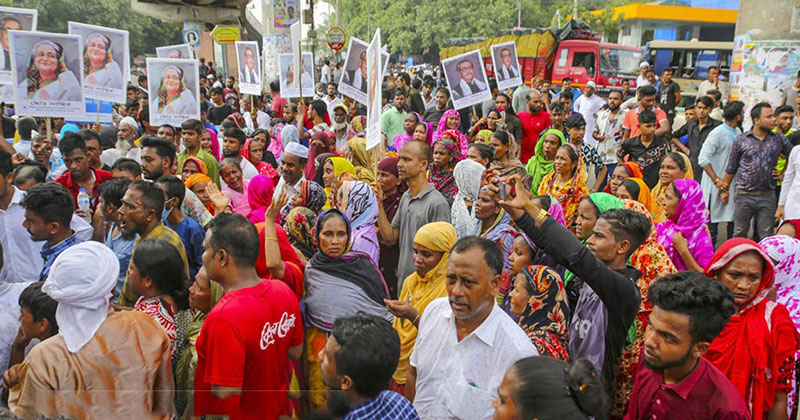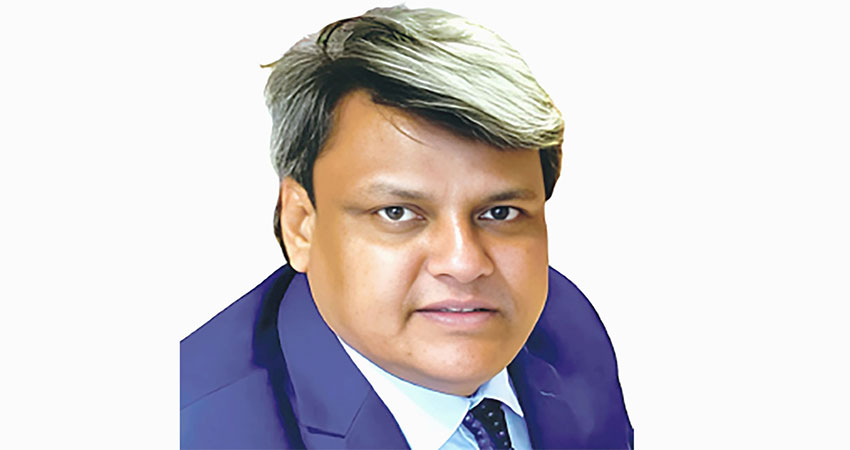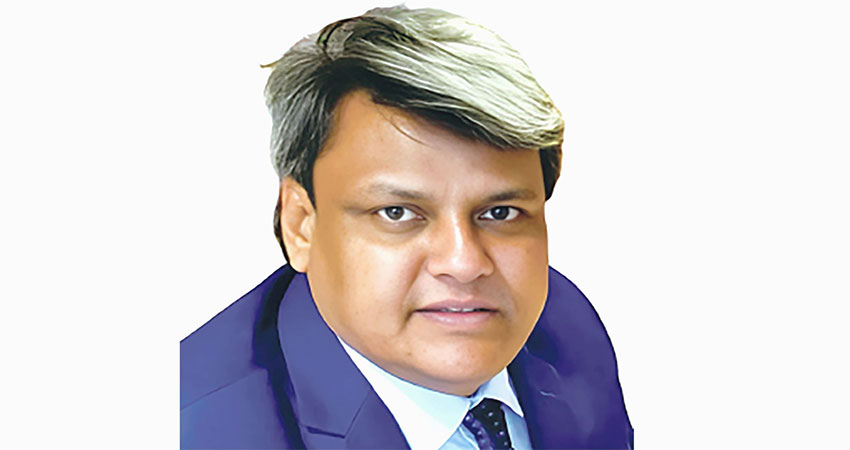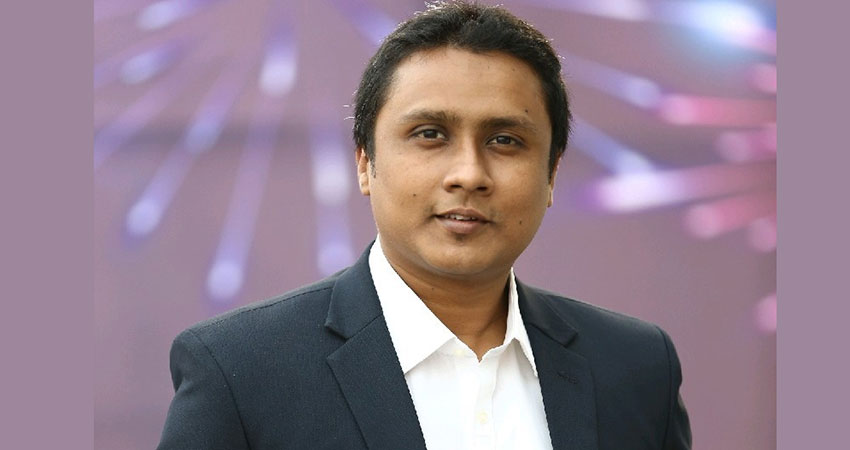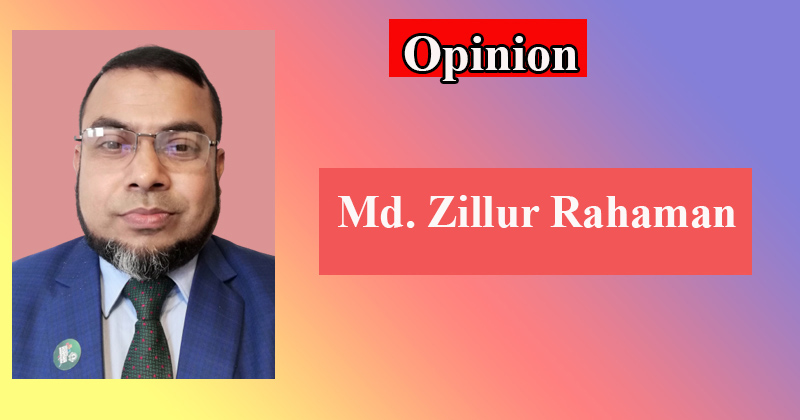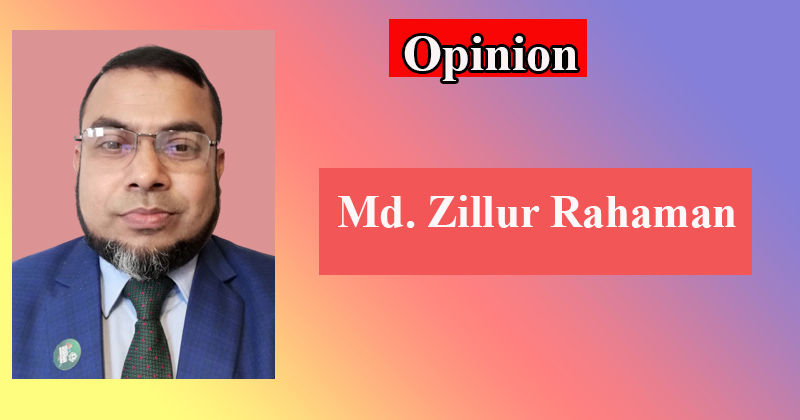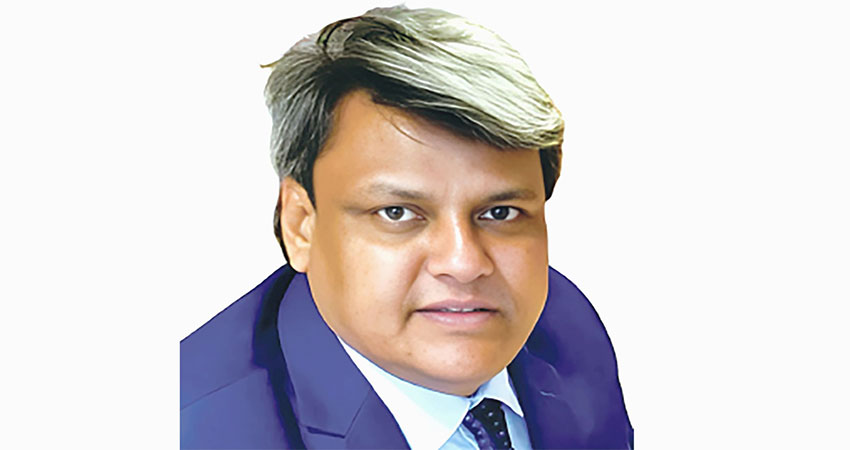Bangabandhu Sheikh Mujibur Rahman, the Father of the Nation, stands as the greatest Bengali of our millennium. He is the epitome of our freedom and the driving force behind Bangladesh's struggle for independence. One cannot conceive the liberation of Bangladesh without the indomitable leadership of Bangabandhu, who served as the main pillar of our liberation war.
Bangabandhu Sheikh Mujibur Rahman, the Father of the Nation, stands as the greatest Bengali of our thousand-year history. He is the embodiment of our freedom and the driving force behind the liberation and independence of Bangladesh. The inseparable connection between Bangabandhu and Bangladesh is undeniable, as he was the central pillar of our liberation war.
Inspired by his call, we embarked on the war and fought in his name. He remains an iconic figure in the development of independent Bangladesh, representing the pinnacle of Bengali nationalism. Bangabandhu carried the history and aspirations of thousands of Bengalis in his heart and mind.
He symbolizes the anti-imperialist national movement and instilled the spirit of nationalism within us. As an unwavering champion of non-sectarian nationalism, he rekindled our forgotten ethnicity. Bangabandhu's indomitable spirit served as our guiding light during the arduous struggle for freedom and liberation. Thus, his life is an integral part of the history that led to the establishment of independent Bangladesh. Bangabandhu and Bangladesh are inseparable and united in the truest sense, with our independence being built upon the same foundation.
Bangabandhu was the guardian of democracy, advocating for the people's rights, freedom of speech, and standing against exploitation and deprivation. Democratic values, discipline, and an unwavering desire for freedom from exploitation were the cornerstones of his tireless life. From his involvement in the language movement in 1952, the election in 1954, the anti-military movement in 1958, the education movement in 1962, the six-point movement in 1966, the popular uprising in 1969, the elections in 1971, to his leadership in the liberation war of 1971, Bangabandhu's democratic spirit, discipline, and fervent quest for freedom from exploitation shine through.
He transcended his personal interests to embody the essence of Bengali ethnicity, making him the undisputed leader of people from all castes and religions in Bengal. He awakened the entire nation, and his words had the power to move and shape the destiny of Bengalis. With a mere snap of his fingers, the country would come to a halt, cars would stop, and courts would close. Bengalis laughed and cried with his words, while praying for his well-being. He was an uncrowned emperor of the Bengali people, earning him the revered title of "Bangabandhu." Thus, Bangladesh and Bangabandhu are inherently intertwined, complementing each other.
Bangabandhu was the visionary who gave Bangladesh its true identity. His tenure witnessed the birth of a new world with the map of Bangladesh. Unfortunately, his life was cut short by assassins who attempted to erase him from history. However, over time, his legacy has shone brighter in the annals of history, while the conspirators have faded into obscurity. During the War of Independence, the American Seventh Fleet appeared in the Indian Ocean, but their attempts to thwart the liberation movement were in vain. Later, in independent Bangladesh, different tactics were employed, leading to food shortages as a consequence of the conspiracy to eliminate Bangabandhu.
Bangabandhu was a true hero who never compromised on his principles. He endured numerous incarcerations, emerging from each like a heroic figure. Sadly, he met his martyrdom at the hands of assassins, but his ideals continue to resonate with us. His idealism shaped his life from his days as a student leader to his leadership among prisoners and eventually as the undisputed leader of the masses. His overarching goal was to establish.
Writer : Dr. Md Abu Bakar Siddique widely known as Dr Dipu Siddiqui,Chairman and Associate Professor, Department of Education Royal University of Dhaka.

